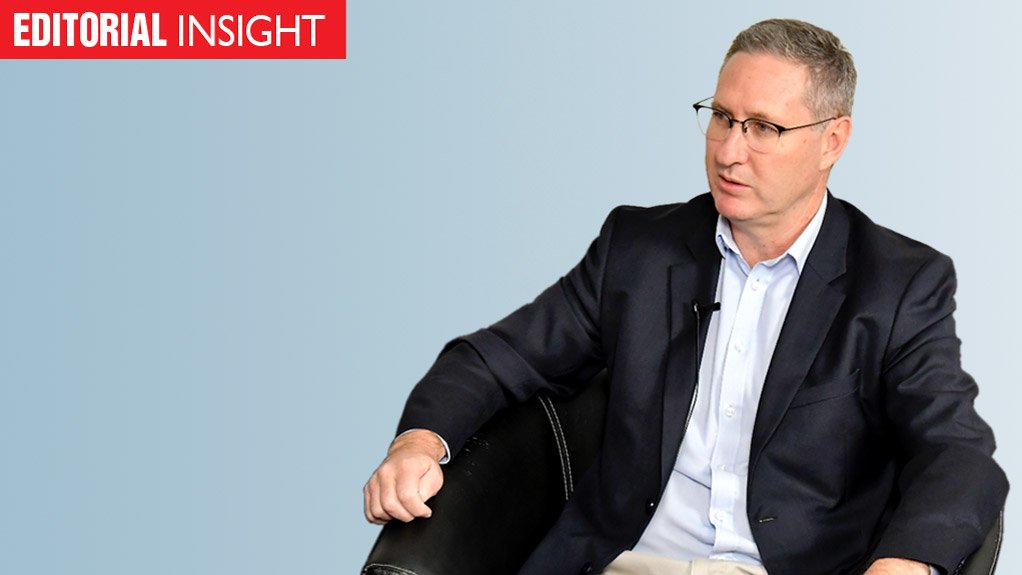It is almost impossible to overstate the scale of the gas discoveries that have been made in the Rovuma basin of northern Mozambique since 2010. With yet more exploration planned, some 150-trillion cubic feet of gas has already been discovered.
The finds have attracted leading international energy majors, with final investment decisions on liquefied natural gas (LNG) projects valued at more than $60-billion either having been taken or likely to be taken soon. There is an expectation that Mozambique will, in the coming decades, compete with Russia to become the world’s fourth-largest LNG producer after the US, Qatar and Australia.
The finds are located off the coastal province of Cabo Delgado, which borders Tanzania and is also one of Mozambique’s poorest regions. Besides the gas discoveries, however, Cabo Delgado is starting to capture the headlines owing to an increase in violence, which has been linked to religious extremism.
It is estimated that as many as 700 people have already been killed in the attacks that first began in October 2017 and there is said to be a growing internal refugee crisis. Last year, the Mozambique authorities reportedly sought the support of a Russian military company to help deal with the insurgency. Media reports then emerged in late November suggesting that as many as 11 Russian soldiers had been killed in three battles. In late February, meanwhile, a report emerged of an attack in Pemba, which is believed to be the first in the Cabo Delgado capital city.
The violence has not yet dampened enthusiasm for the gas developments, nor are there any immediate signs that it will delay the projects. Security around the work sites has been tightened and logistics have been recalibrated to take account of the fact that some roads have become too dangerous to travel by night.
Nevertheless, the violence is worrying not only for Mozambique but also for those South African firms keen to participate in the projects. It will become exceedingly difficult to spread the potential economic benefits of the gas finds to Mozambicans should these megaprojects become enclaves, cut off from the hinterland.
If the projects are to be the economic game changers that some have held them up to be, there should be as much near-project community integration as possible. Locals should make up most of the workforce; factories and towns should develop around the projects to stimulate industrialisation and local economic activity; domestic gas-related investments should proceed in the wake of the export-focused megaprojects; and transport links into the rest of Mozambique and the Southern African Development Community should not only be unimpeded but also further developed.
For its part, the South African government needs to show that it is taking the security situation seriously, not only in the way it supports Mozambique militarily but also in its assistance to address the root causes of the violence. It also needs to ensure that those South African businesses and citizens involved in the projects are properly informed, supported and protected.
EMAIL THIS ARTICLE SAVE THIS ARTICLE ARTICLE ENQUIRY
To subscribe email subscriptions@creamermedia.co.za or click here
To advertise email advertising@creamermedia.co.za or click here











